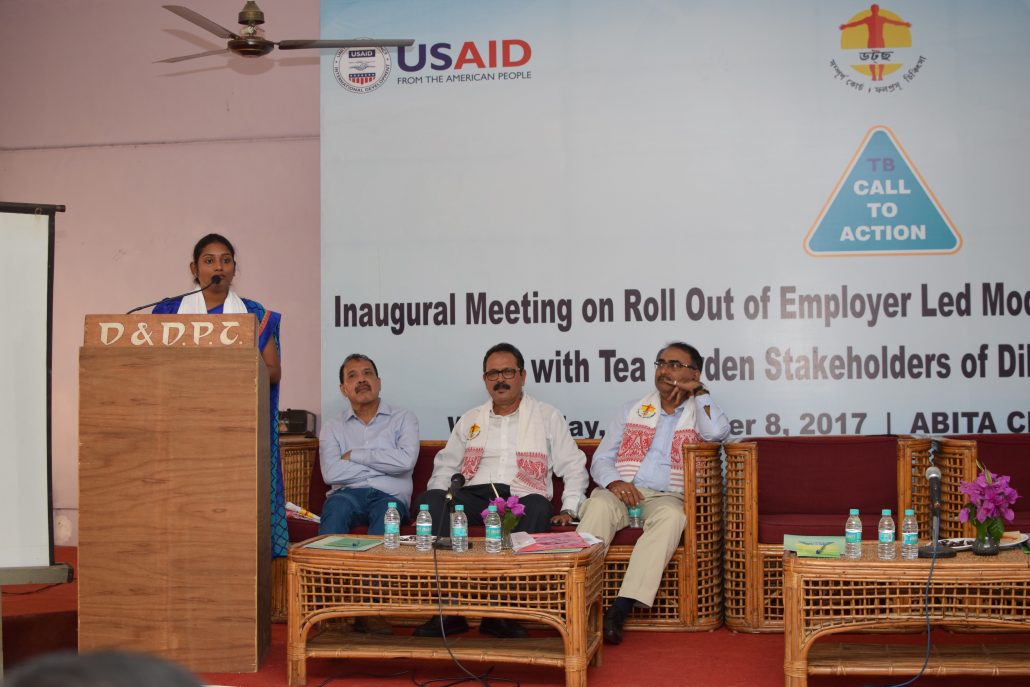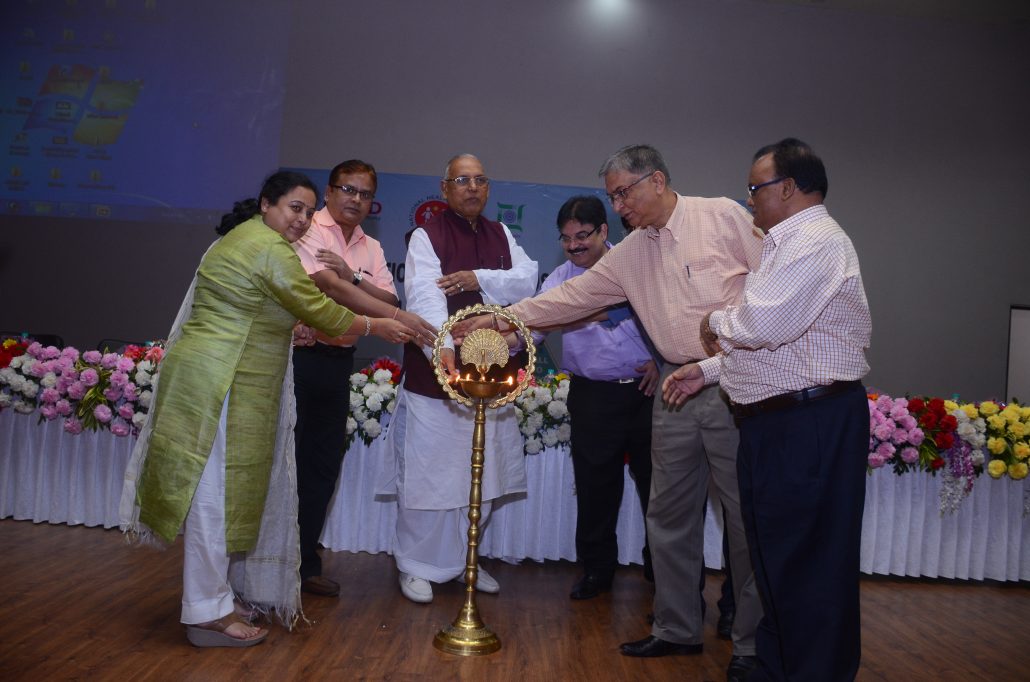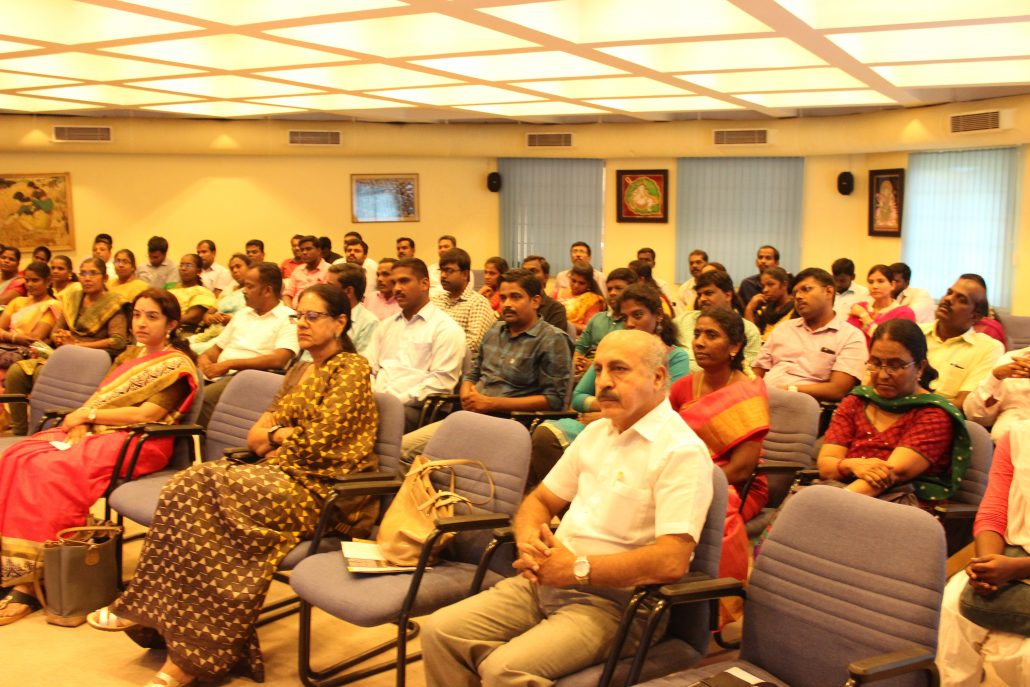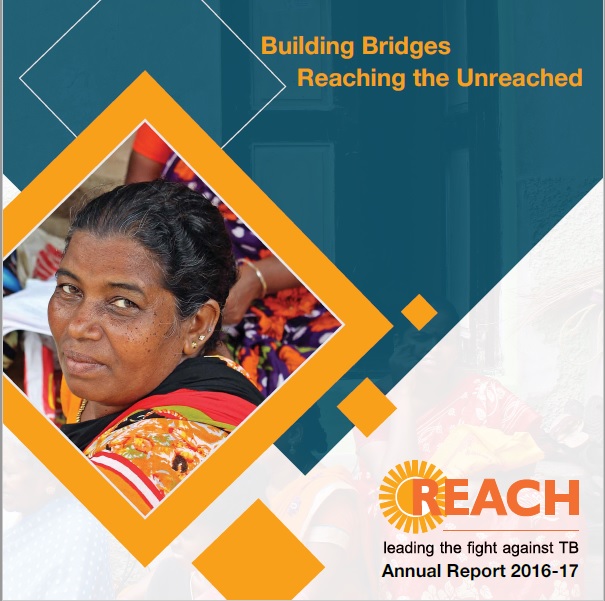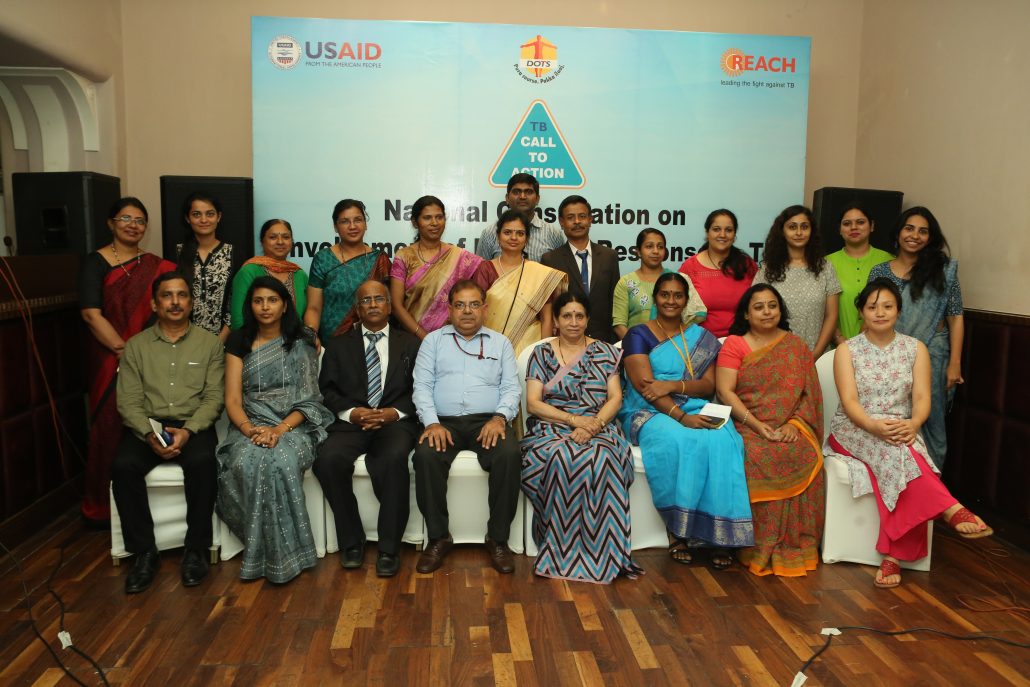Dibrugarh, November 8, 2017: The inaugural meeting for the pilot phase of the
Employer Led Model for Tuberculosis (TB) Prevention and Care in the tea
gardens of Dibrugarh was held earlier today. This was organized by REACH, a
non-profit organization currently implementing the TB Call to Action Project in
Assam, in partnership with the State TB Cell.
Speaking on the occasion, Smt. Laya Madduri, Deputy Commissioner, Dibrugarh,
said, “I am glad to see that the idea of ELM is well received by the tea gardens in
Dibrugarh. The implementation of ELM is very important because TB can affect
anybody… I urge all the tea garden members to consider providing full TBrelated
support to their employees”.
Through the ELM strategy, REACH aims to reach out to all formal, informal and
migrant workforce for improved awareness about TB and link anyone with
symptoms of TB to the public health system for diagnosis and treatment.
Shri Jadav Saikia, District Development Commissioner, Dibrugarh, who was also
present, urged participants to join hands to eliminate TB. “TB is a potential
threat to everyone. It is our social responsibility to eradicate TB. We extend full
support of the district administration and expect the managers of all the tea
gardens to come forward and participate in the implementation of ELM,” he said.
Dr. Udayan Barua, Joint Director Health Services of Dibrugarh, noted, “The tea
communities are more vulnerable to TB because of poor nutrition and bad living
conditions.” He appealed to the tea garden managers to spread awareness about
TB and its treatment to their workers.
Dr S N Misra, Consultant, REACH explained the ELM process, saying, “ELM is
globally accepted as a best practice because employers have the power to reach
those that even governments cannot sometimes reach.”
“By piloting the ELM programme in the tea estates of Assam, we hope to
demonstrate that employers can put in place a sustainable system to help reduce
the burden of TB and provide their employees with access to free TB services
within RNTCP”, said Ms Smrity Kumar, Project Director, TB Call to Action,
REACH, speaking from New Delhi.
A total of 37 tea garden stakeholders from Assam Branch of Indian Tea
Association and Bharatiya Cha Parishad, Assam participated in the event. The
two associations gave their commitment for the implementation of the Employer
Led Model.
Shri Mrigendra Jalan, President, Bharatiya Cha Parishad, Assam, said, “We are
ready to support the initiative as this will go a long way to help the community”.
“The Assam Branch of Indian Tea Association extends its full support to REACH
for the implementation of ELM”, said Shri Rana Dey, Deputy Secretary, Zone – 1,
Assam Branch of Indian Tea Association.
Dr. Hiten Sonowal, District TB Officer, Dibrugarh; Dr. Basant Laskar, Head of
Department for Pulmonary Medicine, Assam Medical College; Dr P. Bordoloi, IEC
Officer, RNTCP Assam and Dr Purnananda Khaund, CMO, APPL & Senior
Administrator RHRC, Amalgamated Plantations Pvt. Ltd, Assam also took part in
the programme.
“The main reasons for TB in our tea gardens are over-crowding and inadequate
direct involvement of state TB initiatives. In all the 1100 tea gardens of Assam,
both organized and unorganized establishments exist. We need to put our best
foot forward and adopt ELM for all employees“, said Dr Khaund.
In the post-inaugural sessions, representatives from tea garden companies
participated in technical sessions on TB-related issues, the TB context in Assam,
the ELM process and the framework for action. A group discussion was
conducted with the tea garden stakeholders to chart-out the implementation
plan for ELM of TB care and prevention in tea gardens.

